Fate, Destiny, and the Consumer Culture
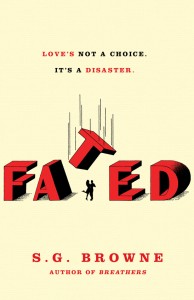 In July 2004, I was sitting on a bench at a shopping mall, watching people walk past and wondering what their futures held for them. I started writing some thoughts down about a character who can see what everyone will be like in fifteen or twenty years and went with it. A little while later, I’d scribbled out several pages that would eventually become the opening chapter to Fated.
In July 2004, I was sitting on a bench at a shopping mall, watching people walk past and wondering what their futures held for them. I started writing some thoughts down about a character who can see what everyone will be like in fifteen or twenty years and went with it. A little while later, I’d scribbled out several pages that would eventually become the opening chapter to Fated.
The novel is narrated by Fate (aka Fabio) who’s in charge of assigning the futures of the 83% of humans who are fated to live ordinary, mediocre lives – most of whom will make bad decisions or fail to achieve anything more than a fleeting encounter with success.
Think single-term Presidents.
Think drug-addicted actors.
Think one-hit wonders.
Destiny, on the other hand, gets the rest of the population who are destined for greatness. Or at least for better things.
Think George Washington.
Think Meryl Streep.
Think The Beatles.
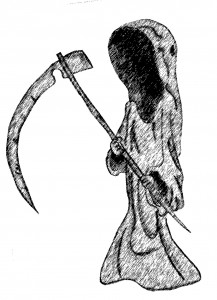 This makes for a frustrated and overwhelmed Fabio, especially since most of his humans are focused on filling their lives with the empty calories of consumer excess rather than a healthy diet of internal happiness. Throw in the fact that he has a five-hundred-year-old grudge with Death and that his best friends are Sloth and Gluttony and what you get is an immortal who’s become a disgruntled employee of the cosmos.
This makes for a frustrated and overwhelmed Fabio, especially since most of his humans are focused on filling their lives with the empty calories of consumer excess rather than a healthy diet of internal happiness. Throw in the fact that he has a five-hundred-year-old grudge with Death and that his best friends are Sloth and Gluttony and what you get is an immortal who’s become a disgruntled employee of the cosmos.
But then Fate falls in love with a mortal woman on the Path of Destiny (which is against the rules) and he starts to get involved in the lives of his humans (another big-no-no), changing their fates and causing some serious cosmic repercussions.
I described my first novel, Breathers, as “A dark comedy about undeath through the eyes of an ordinary zombie” and “Fight Club meets Shaun of the Dead, only with the zombies as the good guys.” Which pretty much gives you a good idea of what to expect. But with Fated, I’ve had a difficult time coming up with a single line or two that succinctly captures what the book is about.
While I describe it as “A dark comedy and social satire about fate, destiny, and the consequences of getting involved with humans,” that doesn’t tell you anything about how the novel is a bit of an indictment of the consumer culture.
Or that Fate and Destiny have a complicated, friends-with-benefits relationship.
Or that Karma is an alcoholic.
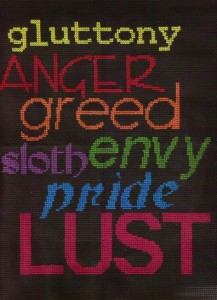 When it came to populating Fated with characters, I had a lot of fun taking abstract concepts like Fate, Destiny, Karma, and Death and giving them starring roles – not to mention cameos by Lady Luck, Honesty, Failure, Love, Secrecy, Truth, Wisdom, and most of the Deadly Sins. Just to name a few.
When it came to populating Fated with characters, I had a lot of fun taking abstract concepts like Fate, Destiny, Karma, and Death and giving them starring roles – not to mention cameos by Lady Luck, Honesty, Failure, Love, Secrecy, Truth, Wisdom, and most of the Deadly Sins. Just to name a few.
I also enjoyed taking a look at what it means to be human through the eyes of someone who is not human but who is in charge of our futures. Or most of them. I enjoyed seeing how Fate’s relationship with humans changed as the story unfolded and what happened when he started breaking the rules. Like his humans, I was interested in seeing how Fate’s decisions ultimately affected his own future.
Rule #1: Don’t get involved.
That’s how the novel opens and, obviously, it’s set up for Fate to break that rule. Though it’s not an all-encompassing directive from Jerry (aka God). While Fate, Destiny, and Death aren’t supposed to get involved in the lives of humans, the rule doesn’t apply to other immortals like Lady Luck or Fear or Anger. After all, you can’t be an Intangible or an Emotive or one of the Deadly Sins without having some kind of an impact on humans. That’s part of the job description, getting involved. But it all comes down to what humans do with their luck or their fear or their anger that determines their eventual outcome.
Now I just have to figure out how to fit all of that into the tag line.
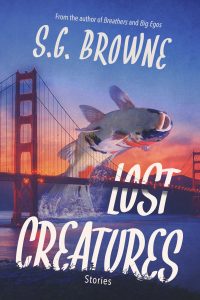
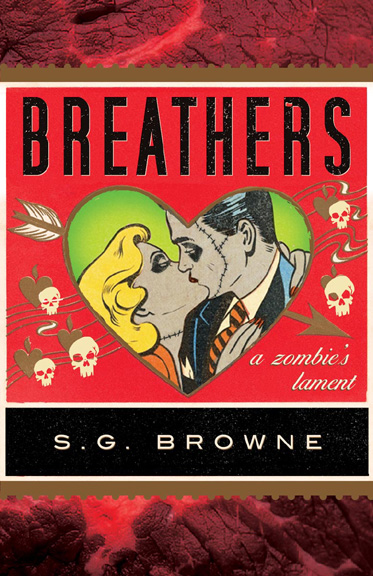
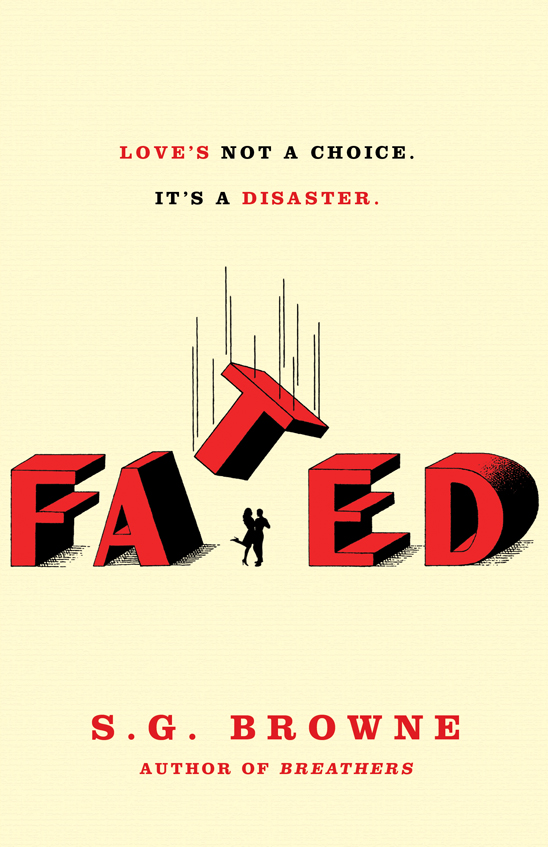
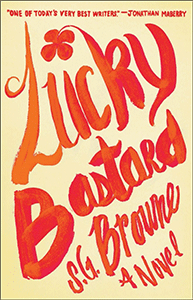
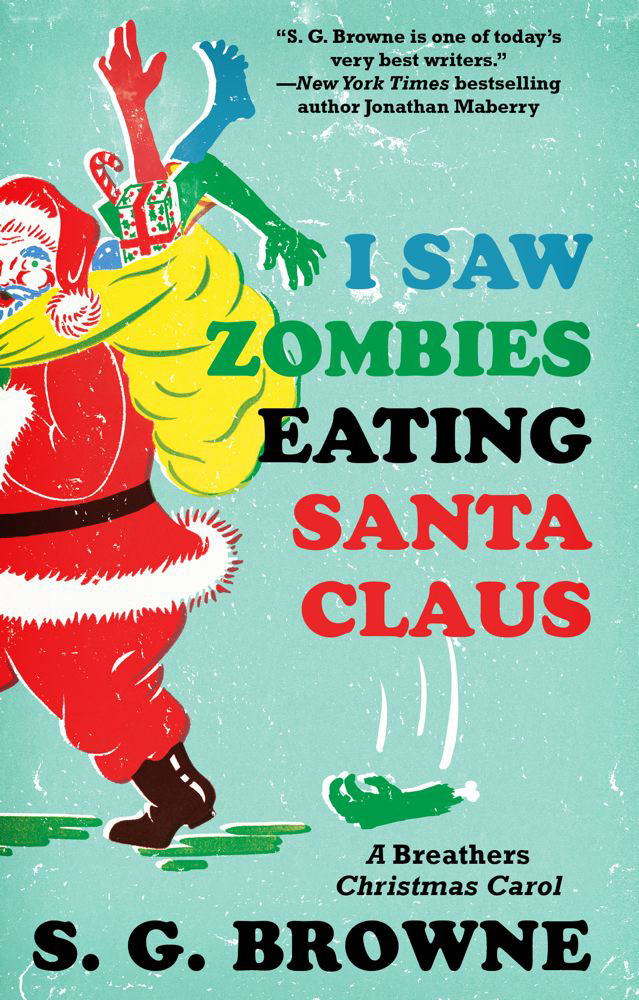
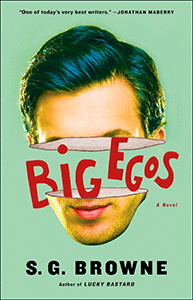
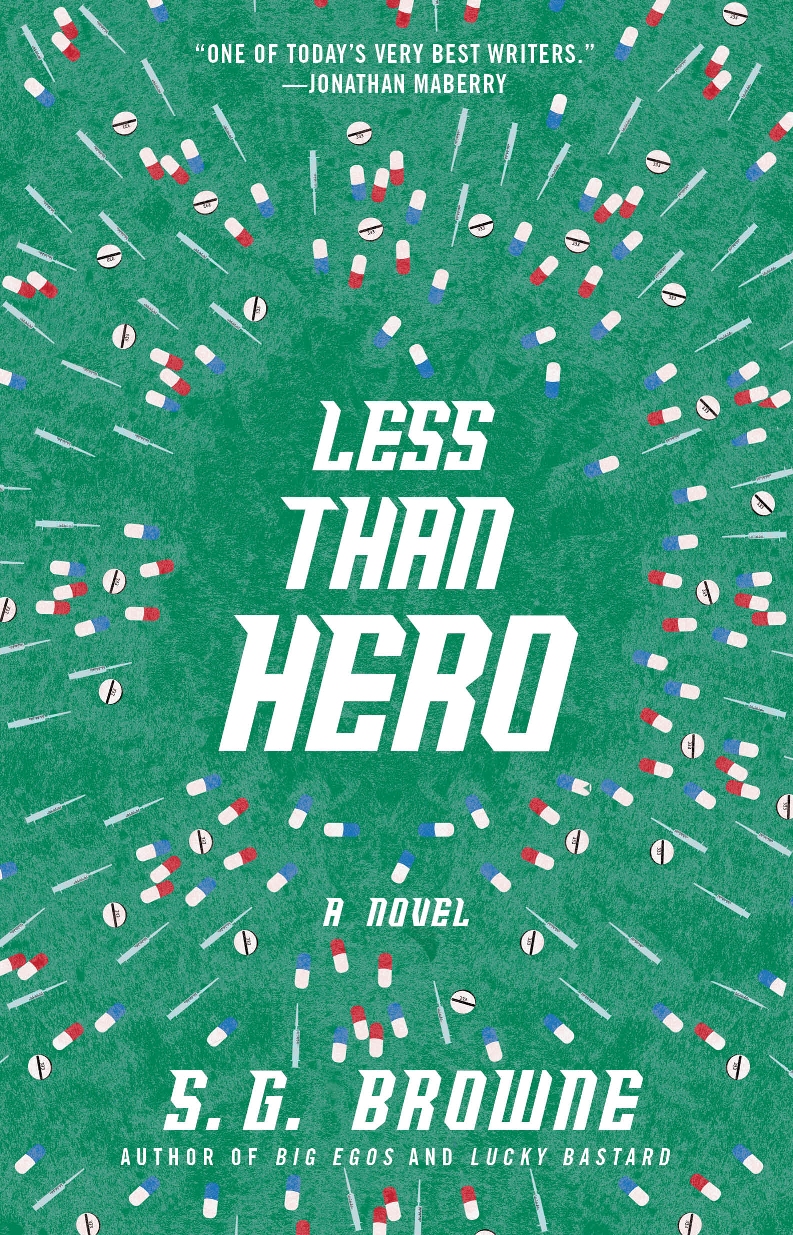
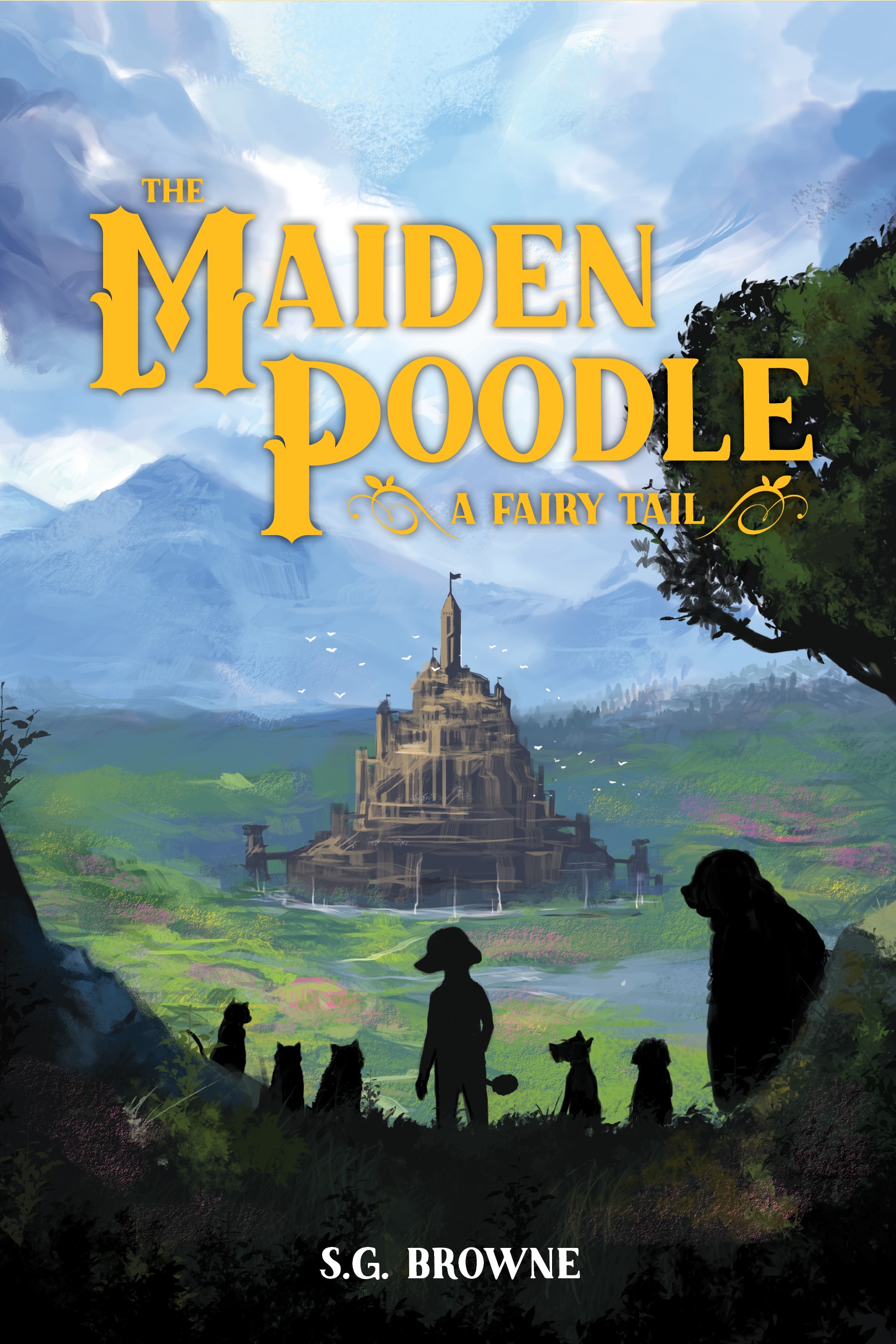
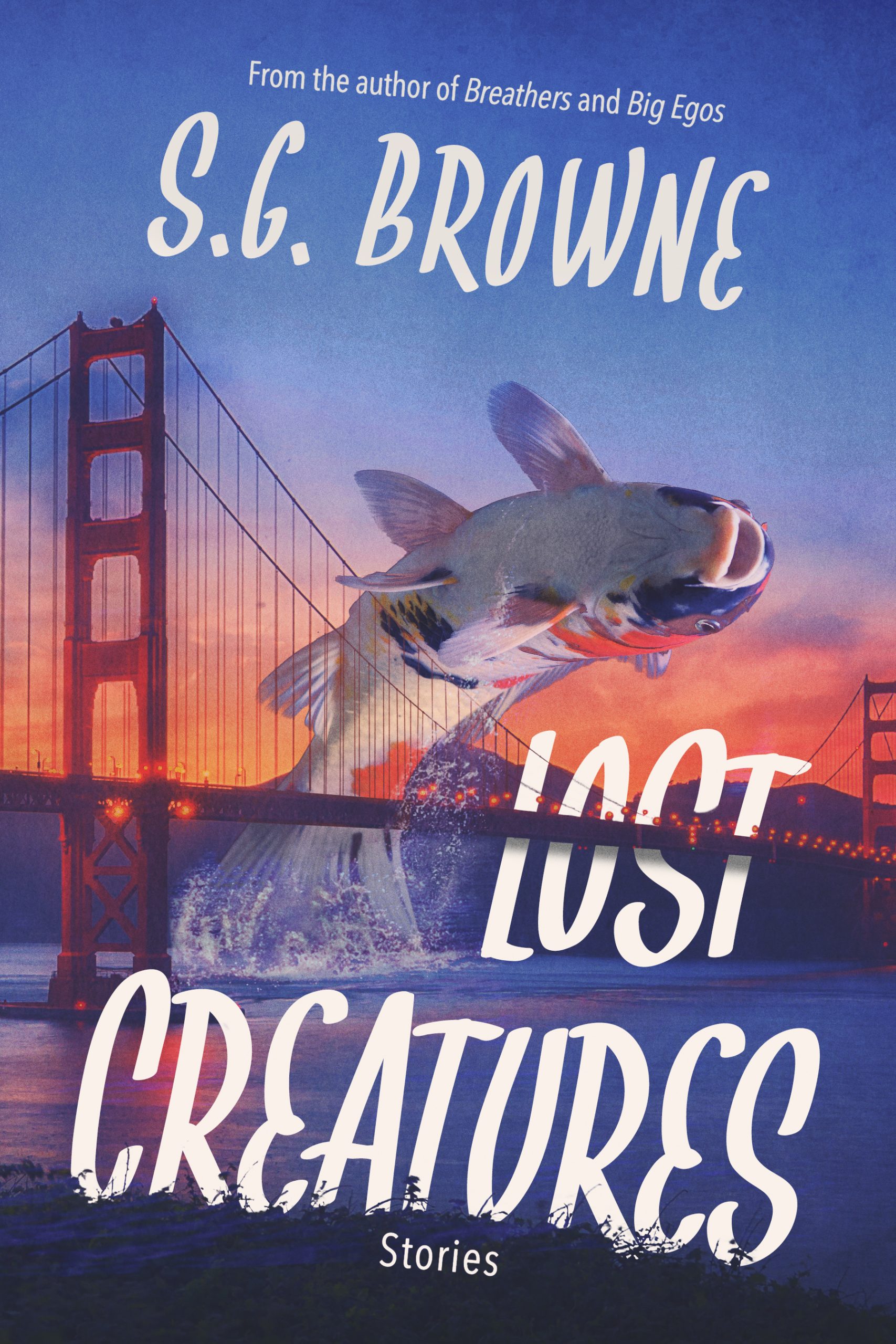
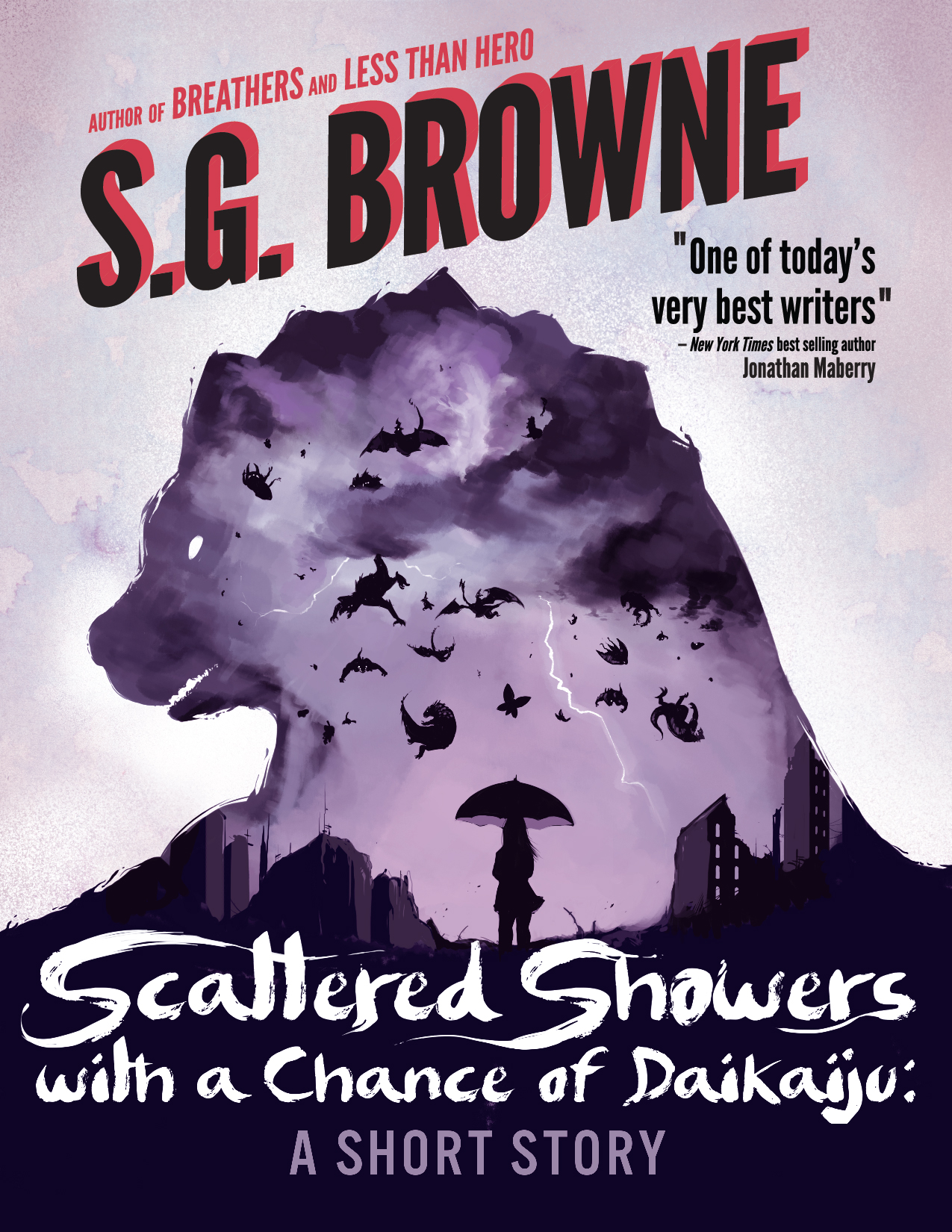
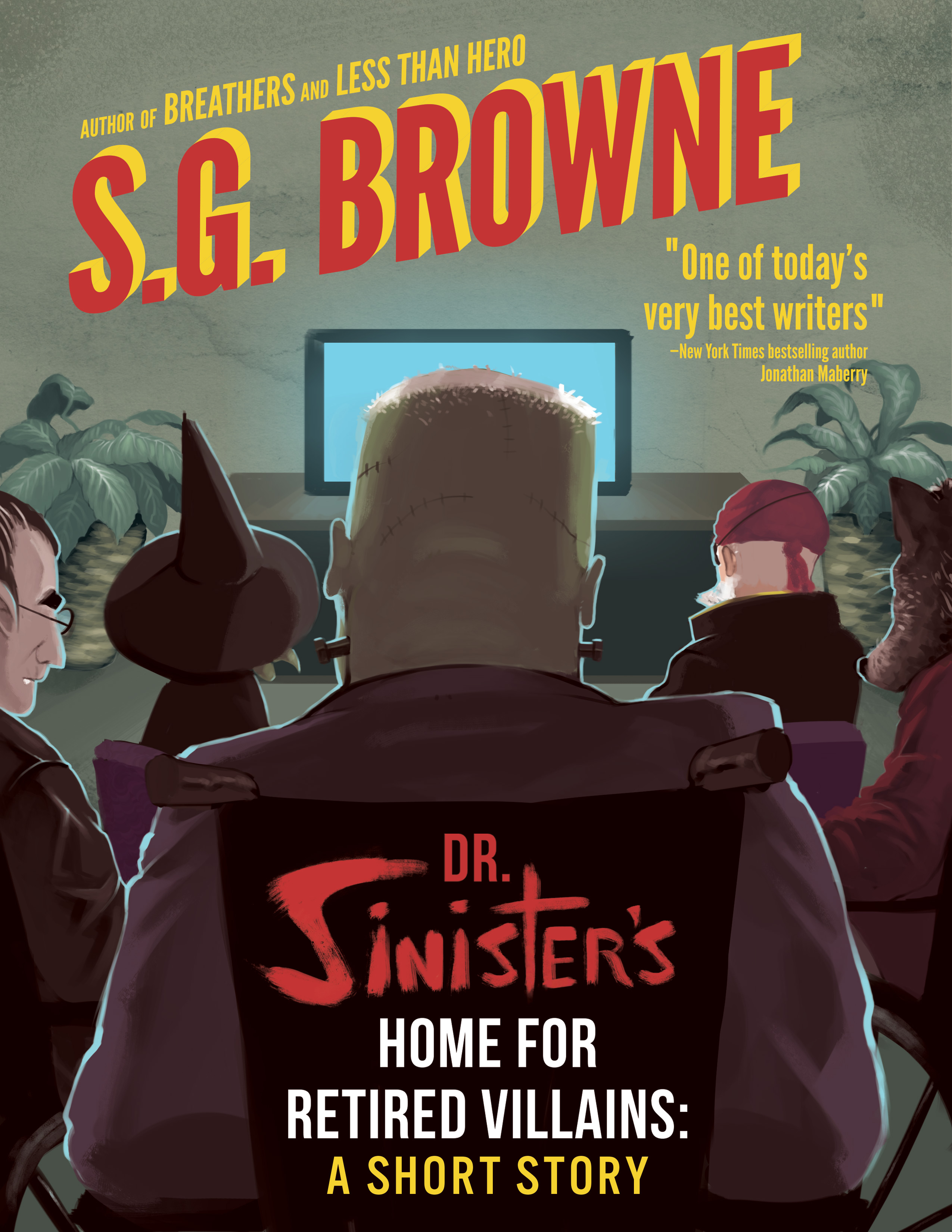
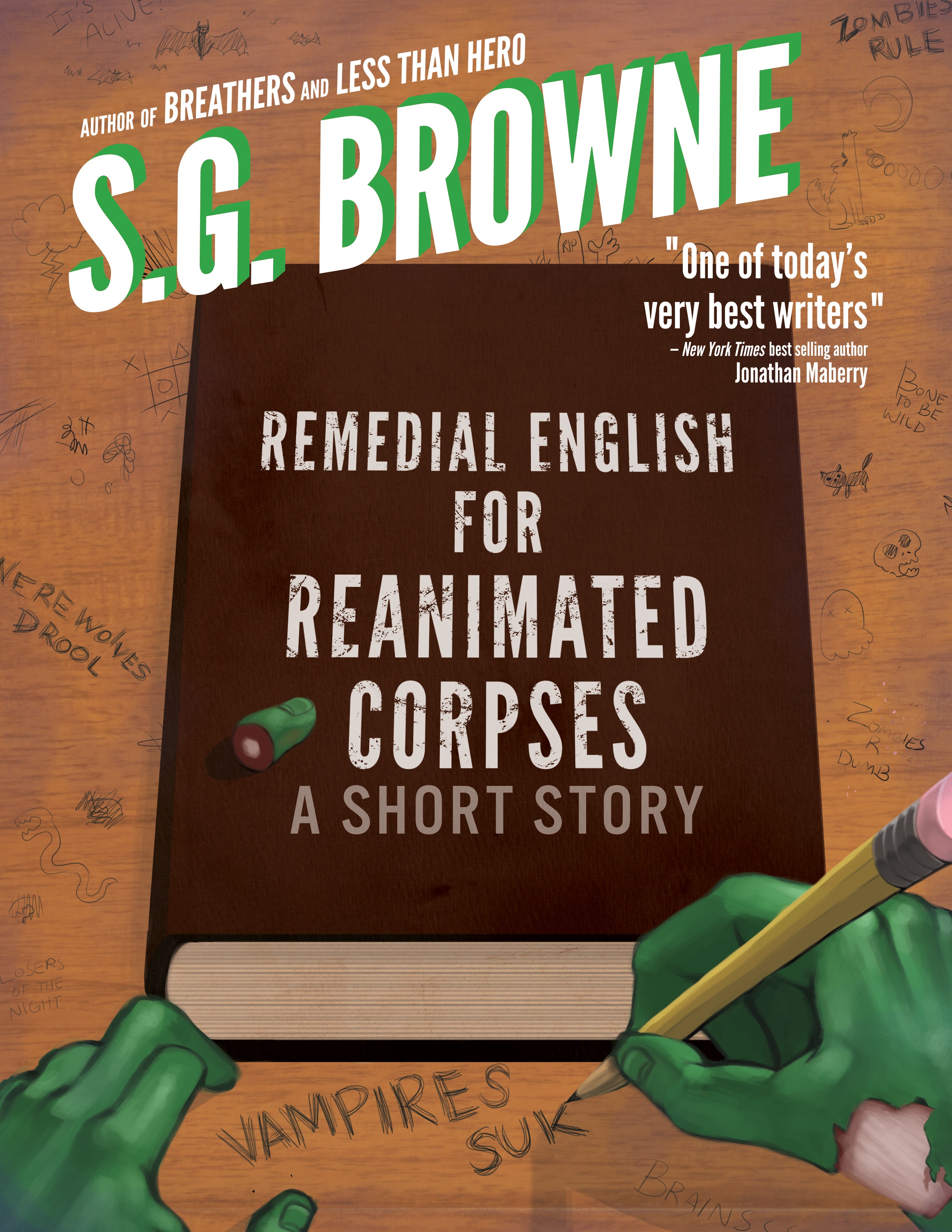
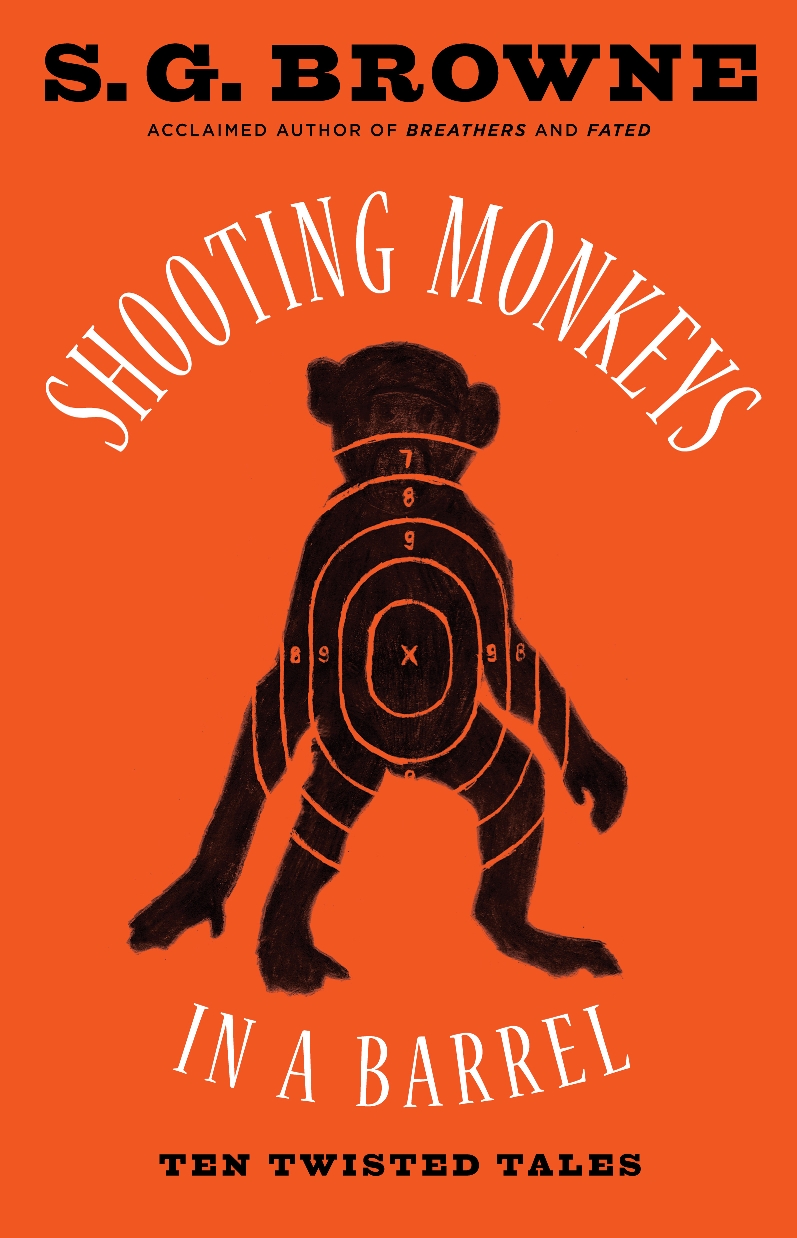
3consistency
Trackback by 1schedules — January 12, 2022 @ 5:39 pm